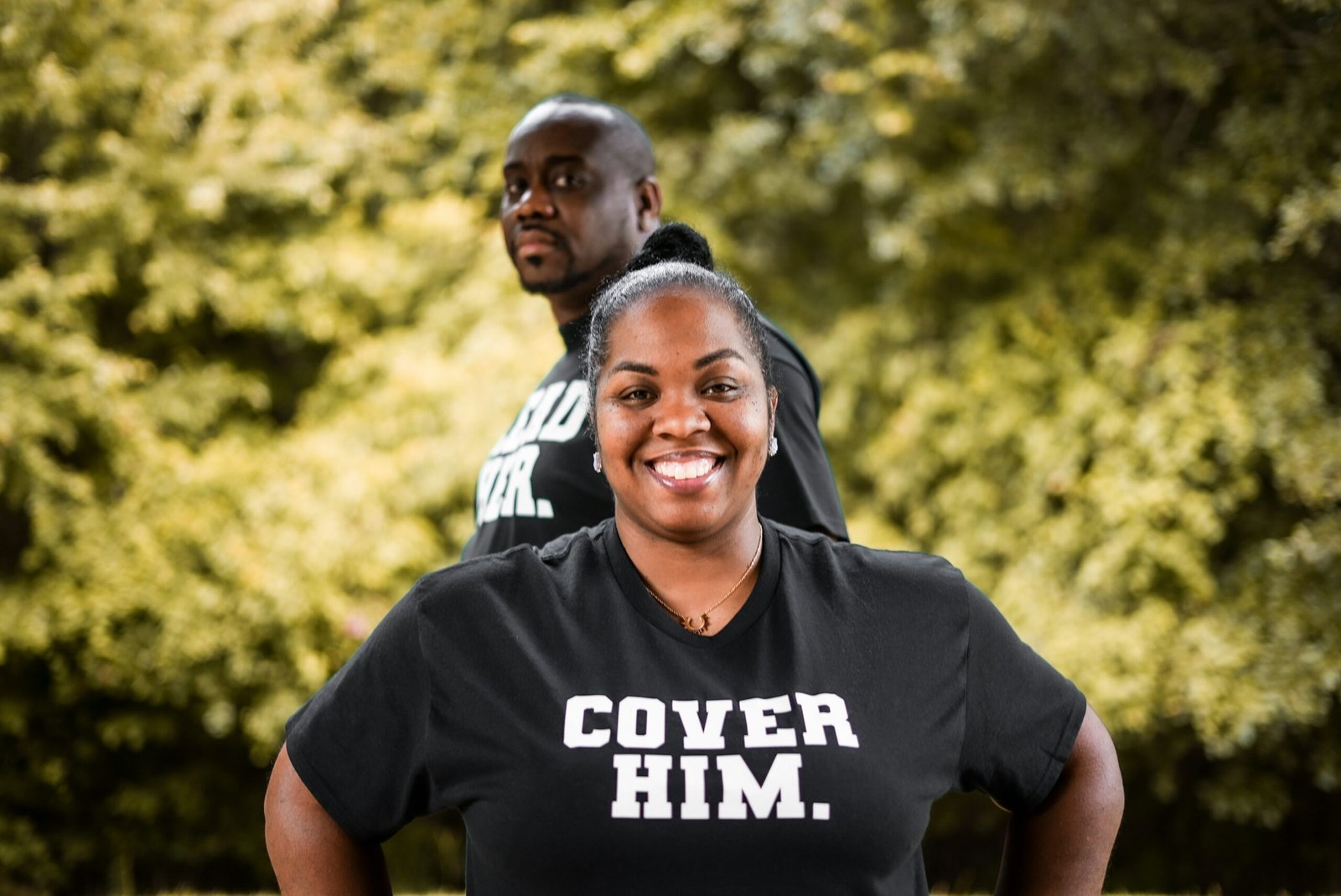Why Listening is the Real Superpower
When was the last time you felt truly heard? Not just nodded at, not just tolerated while someone checked their phone, but really seen, understood, and valued?
That feeling—that sense of connection—is at the heart of every healthy relationship. And yet, most conflicts I see as a therapist don’t actually come from what people say. They come from how poorly we listen.
Couples argue in circles because neither feels understood. Parents and teenagers clash because they talk at each other, not with each other. Friends drift apart because they stop paying attention.
Here’s the truth: victorious communication isn’t about speaking perfectly—it’s about listening differently.
In therapy rooms, I’ve seen relationships transform when people shift from defensive, distracted listening to intentional, empathetic listening. And the good news? You don’t need a psychology degree to do it. You just need practice.
So let’s dive into 3 listening skills that can change the way you connect with anyone—your partner, your kids, your coworkers, even yourself.
Skill #1: Active Listening — Be Fully Present
Active listening means giving someone your full attention—not just hearing their words, but noticing their tone, body language, and emotions behind them.
In a world of constant notifications, multitasking, and half-attention, active listening is a radical act of love.
What active listening looks like:
-
Putting the phone down and making eye contact.
-
Nodding, using small affirmations (“I see,” “Go on”).
-
Reflecting back what you heard: “So you felt hurt when I didn’t call, is that right?”
Why it matters: When someone feels fully heard, their defenses drop. Instead of escalating, conversations de-escalate. Connection replaces conflict.
Therapist’s insight: In sessions, I often act as a “translator.” A partner says, “You never care about me!” I pause and ask, “What do you hear them saying?” The other responds, “They think I’m selfish.” I clarify: “Actually, they’re saying they feel lonely.” That shift—hearing loneliness instead of accusation—changes everything.
Victory moment: The first time a couple truly listens without interrupting, I see tears, hugs, and relief. Because listening says, “You matter. Your words matter.”
Skill #2: Validation — Acknowledge the Emotion, Not Just the Facts
Most of us are taught to listen so we can reply, fix, or argue back. But real listening requires validation. That means acknowledging the other person’s feelings—even if you don’t agree with their perspective.
What validation looks like:
-
“I can see why you’d feel that way.”
-
“That sounds really frustrating.”
-
“I get that this is important to you.”
Notice: You’re not saying, “You’re right and I’m wrong.” You’re saying, “Your feelings are real and worthy of being heard.”
Why it matters: Validation calms the nervous system. When people feel seen, they don’t need to shout to prove their pain. They can soften.
Therapist’s analogy: Validation is like emotional first aid. If someone trips and cuts their knee, you don’t argue about how they fell—you bandage the wound. Later, you can talk about avoiding the crack in the sidewalk. But first, you care for the pain.
Victory moment: A parent who tells their teen, “I understand why you’re upset I took your phone,” instead of, “Stop being dramatic.” That small shift can rebuild bridges where only walls stood before.

Two People Talking
Skill #3: Curiosity — Ask to Understand, Not to Win
The third victorious listening skill is curiosity. Instead of listening to reload your argument, you listen to understand. You ask questions that invite the other person to open up, not shut down.
What curiosity looks like:
-
“Can you tell me more about why that upset you?”
-
“What do you need from me right now?”
-
“Help me understand—what does this mean to you?”
Why it matters: Curiosity transforms defensiveness into dialogue. It shifts the energy from competition (Who’s right?) to collaboration (How do we understand each other?).
Therapist’s insight: In couples therapy, I often say, “Instead of assuming, get curious.” Nine times out of ten, the “real reason” behind an argument isn’t what either partner assumed. Curiosity uncovers the deeper truth.
Victory moment: A spouse discovers that the late-night silence isn’t about rejection but about their partner’s exhaustion. A teenager realizes their parent’s strict rule isn’t punishment but protection. That’s the power of curiosity—it reveals the heart behind the words.
The Therapist’s Truth: Listening is Healing
I’ve sat with couples on the brink of divorce, parents who feel hopeless, and individuals who feel invisible. And do you know what changes the room? Not a perfect script. Not the “right” advice. Just listening.
Listening is healing. It says, “You matter. I want to know you. I care enough to pause and hear your heart.”
And when people feel truly heard, they begin to soften, open, and reconnect. That’s the victory.
Putting It Into Practice: Your Listening Challenge
Here’s a practical way to start:
-
Pick one relationship this week—your partner, a child, a friend.
-
Commit to practicing all three skills in your next conversation:
-
Be fully present (active listening).
-
Acknowledge their feelings (validation).
-
Ask questions to learn more (curiosity).
-
-
Notice what shifts. Did the conversation feel different? Did you connect more deeply?
These skills aren’t just for therapy rooms—they’re life skills. And the more you practice, the more victories you’ll find in your everyday conversations.
Conclusion: Victorious Communication is Possible
Communication isn’t about never fighting. It’s about learning how to listen in ways that turn conflict into connection. With active listening, validation, and curiosity, you can create victorious conversations that build trust, intimacy, and respect.
And the best part? You don’t have to do it perfectly. Every small step toward better listening is a victory worth celebrating.
If you want to go deeper, therapy is a safe space to practice these skills with support. Book a session today and start transforming the way you connect.
Related Articles
Couples, Development, Family, Individual




